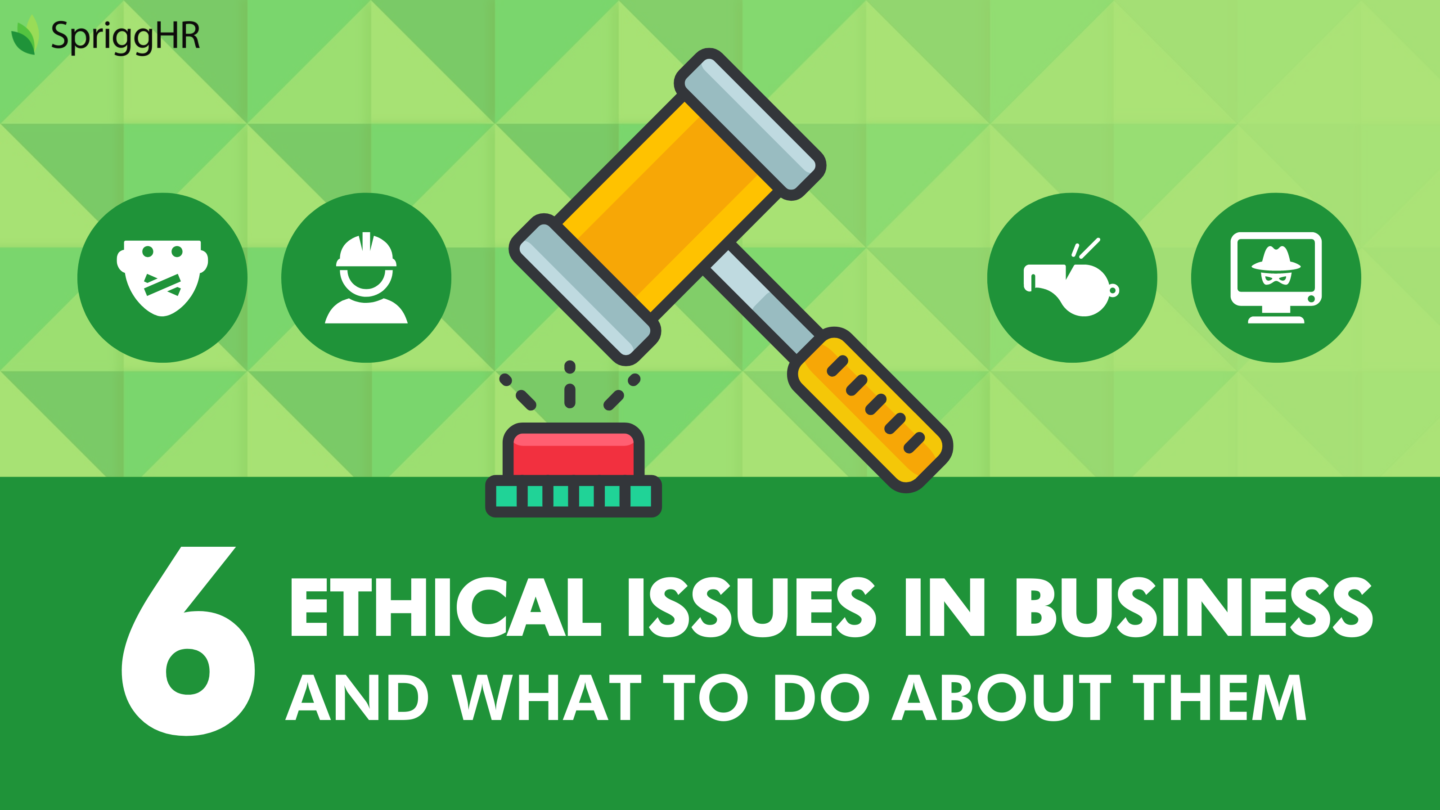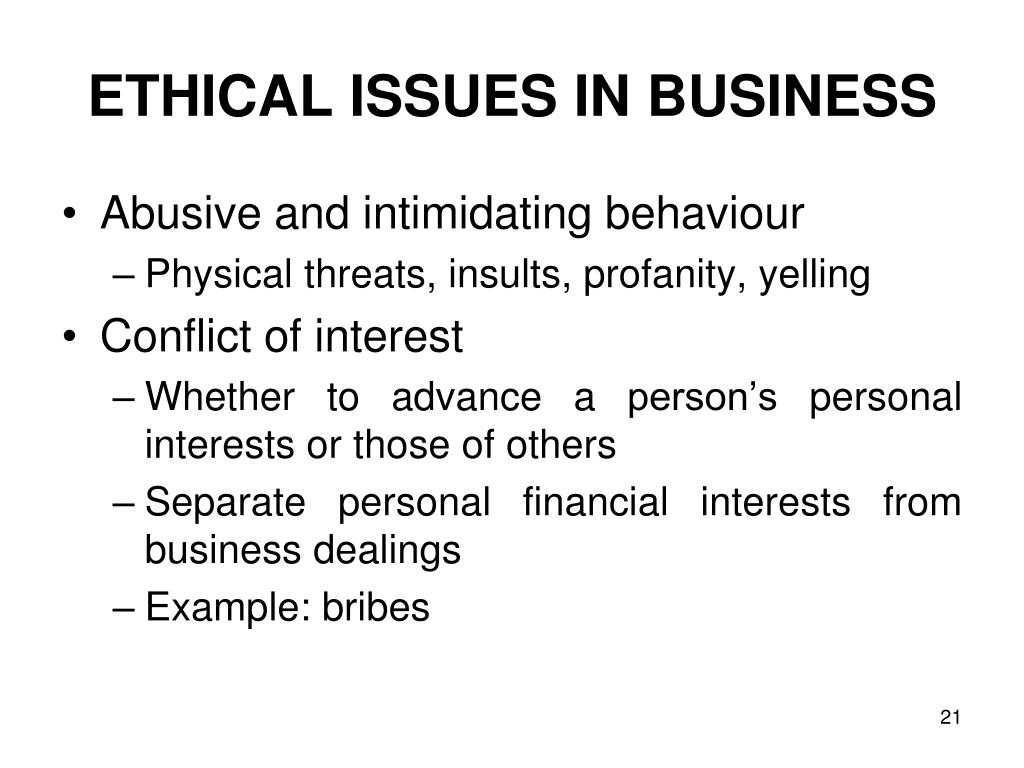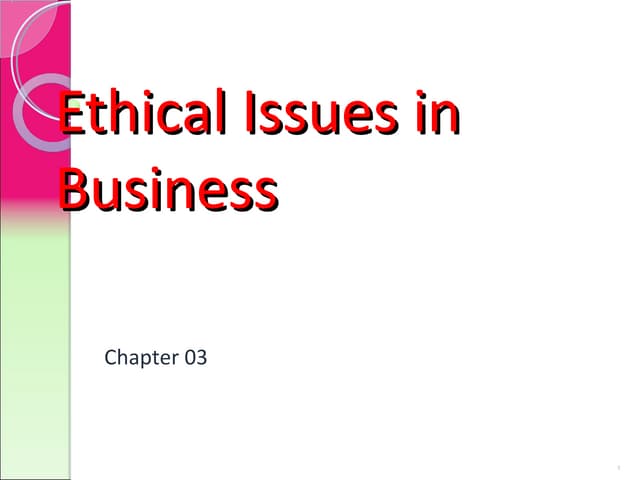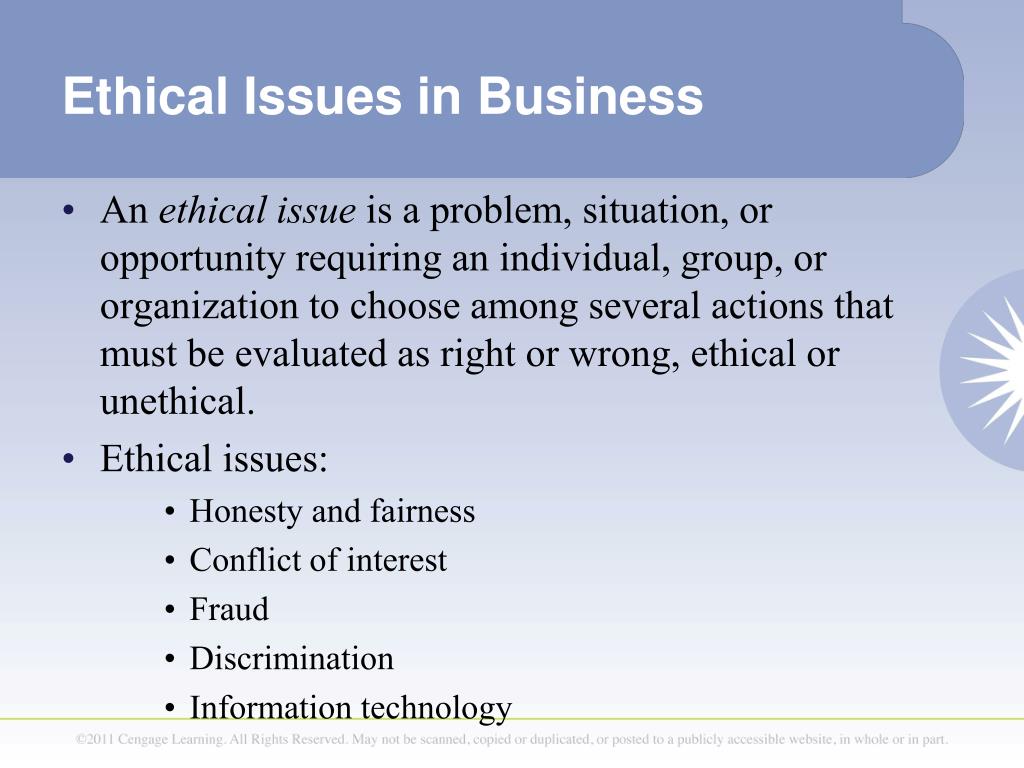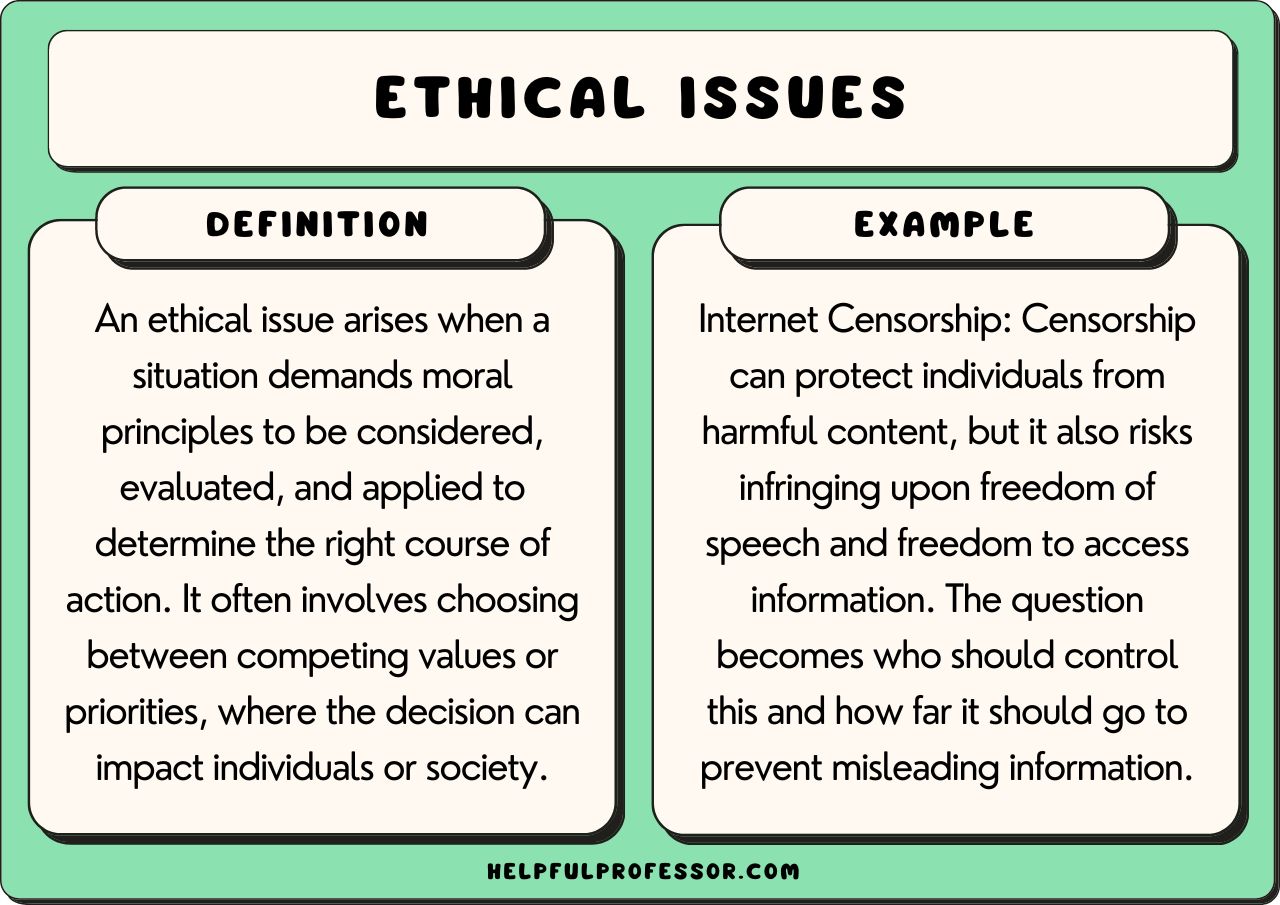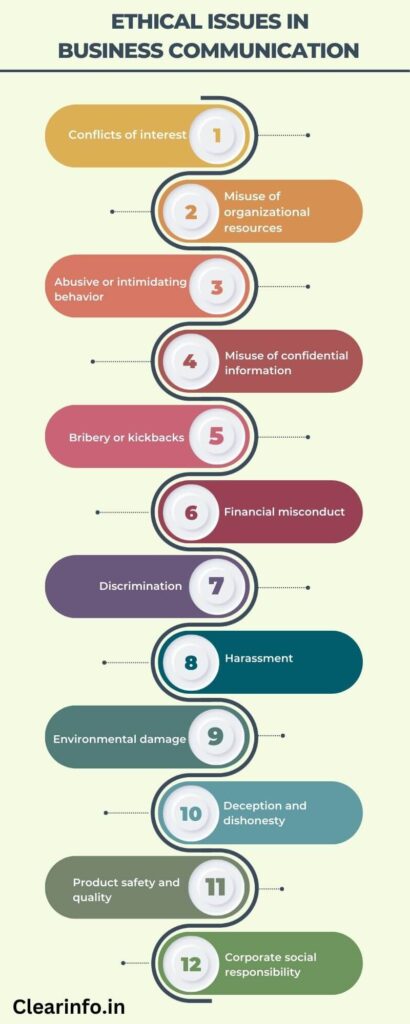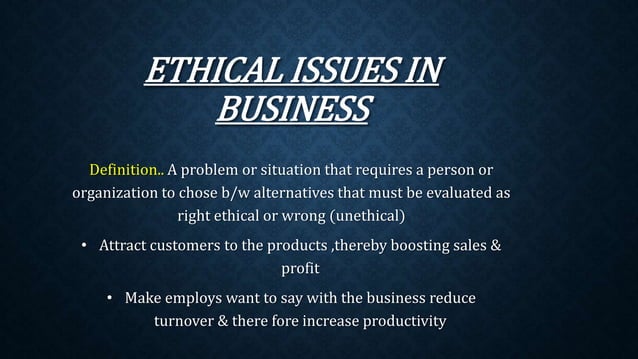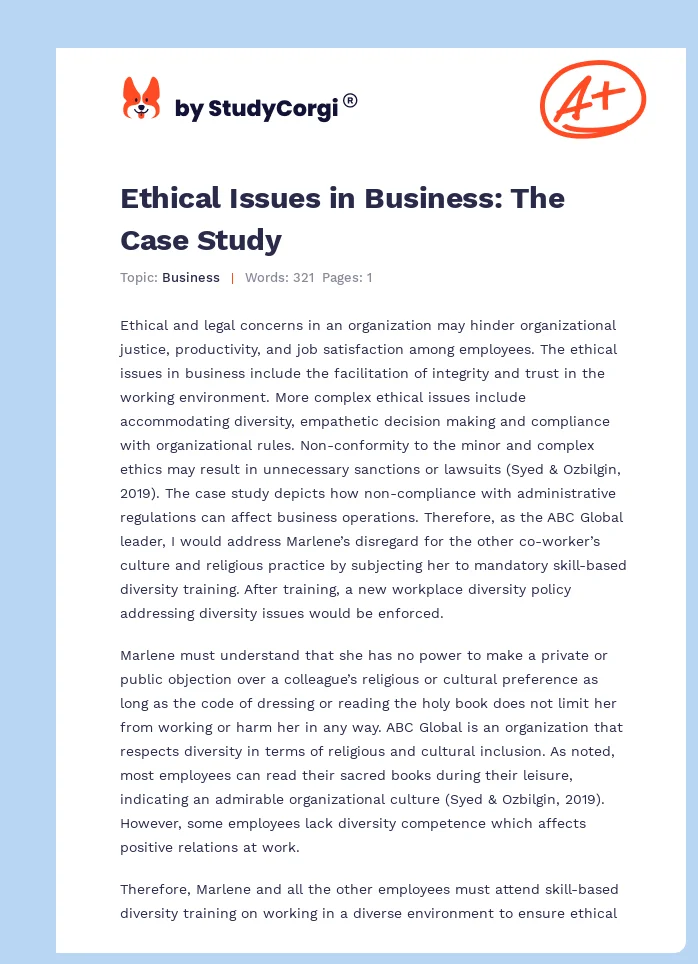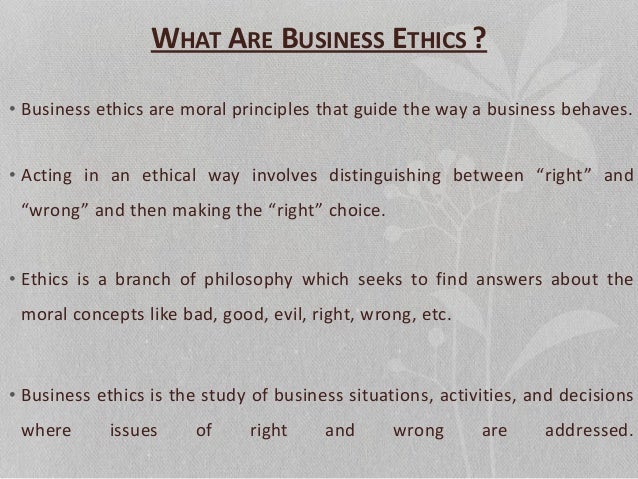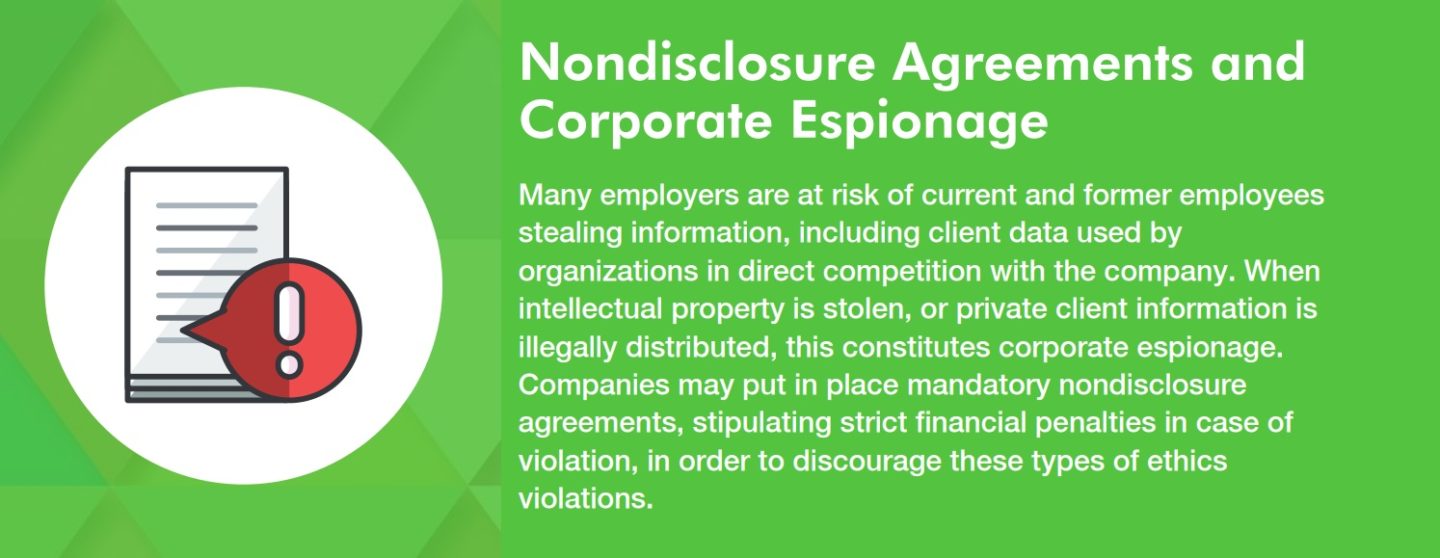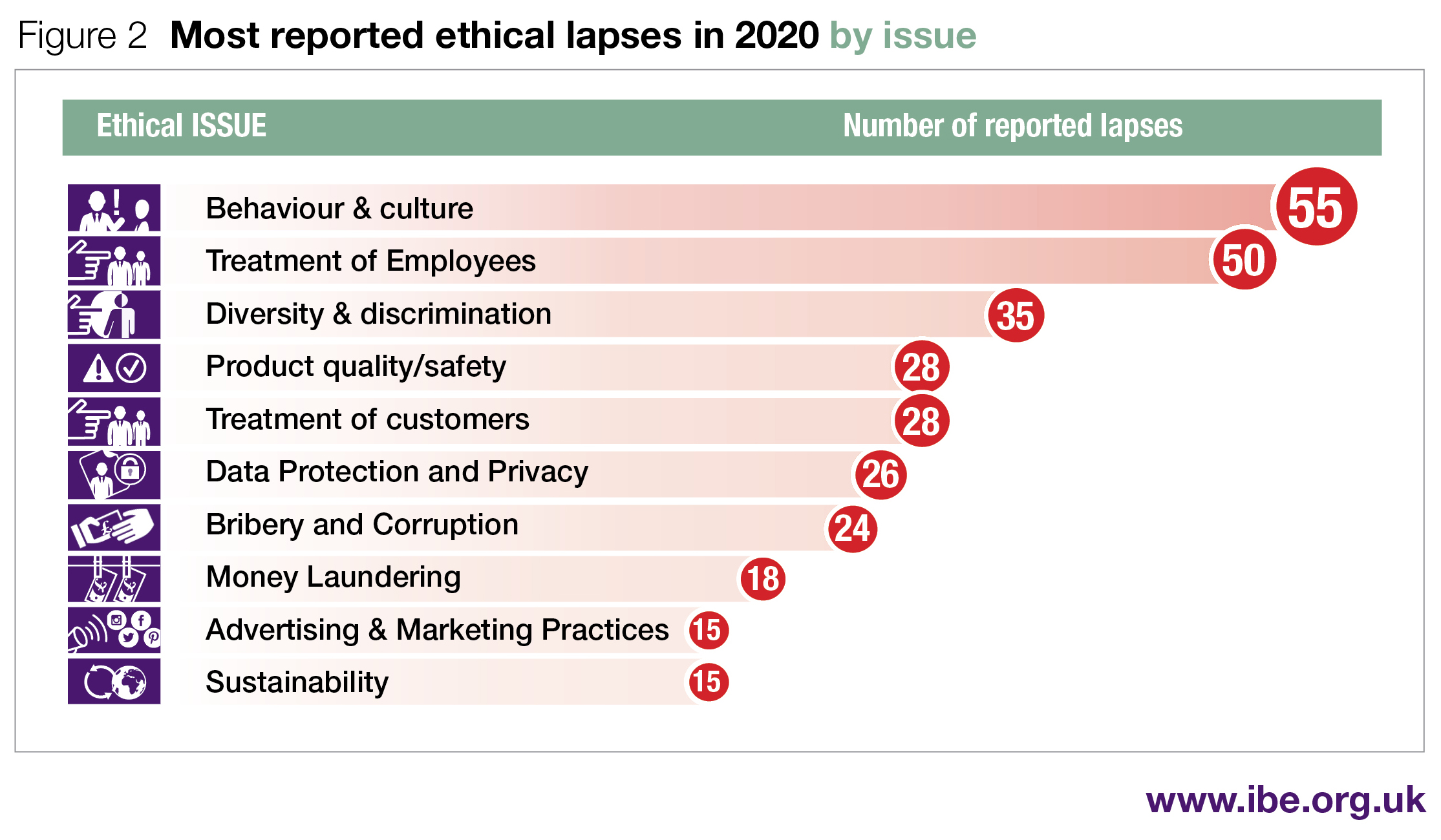Ethical Issues In Business Articles
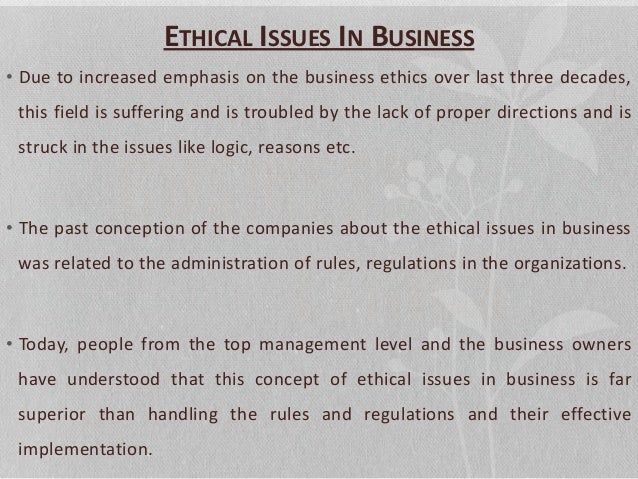
Imagine a bustling newsroom, the air thick with the scent of coffee and the hurried tapping of keyboards. Deadlines loom, and the pressure to break the next big business story is palpable. But amidst the frenzy, a quiet yet crucial question lingers: At what cost?
Ethical issues in business journalism are paramount because they directly impact public trust, market integrity, and the overall health of the economy. Ensuring responsible reporting requires navigating a complex landscape of potential conflicts of interest, maintaining accuracy, and safeguarding sensitive information. This article explores the core of these issues and examines their far-reaching consequences.
The Foundation of Trust
The bedrock of business journalism is trust. Readers rely on journalists to provide unbiased, accurate, and insightful information about companies, markets, and economic trends. When ethical lines are blurred, that trust erodes, leading to skepticism and potentially harmful decisions.
According to a 2023 Gallup poll, public trust in media remains low, emphasizing the need for unwavering commitment to ethical standards in all reporting, particularly in the high-stakes world of business.
Conflicts of Interest
One of the most significant ethical challenges is navigating conflicts of interest. These can arise when journalists or their publications have financial ties to companies they cover, receive gifts or favors from sources, or have personal relationships that could influence their reporting.
For example, a journalist owning stock in a company they are reporting on presents a clear conflict. Reputable news organizations, like The Wall Street Journal, have strict policies requiring disclosure of potential conflicts and often prohibit journalists from owning stock in companies they cover.
The Pursuit of Accuracy
Accuracy is non-negotiable in business reporting. Even minor inaccuracies can have significant repercussions, affecting stock prices, investor confidence, and the reputations of companies and individuals.
In 2020, a prominent news outlet published an inaccurate report about a major pharmaceutical company, causing its stock price to plummet. This highlights the importance of rigorous fact-checking, verification of sources, and careful presentation of data.
The Society of Professional Journalists emphasizes accuracy as the cornerstone of ethical journalism, urging reporters to "seek truth and report it" diligently.
Protecting Sensitive Information
Business journalists often handle highly sensitive information, including trade secrets, confidential financial data, and insider knowledge. Disclosing such information prematurely or inappropriately can have devastating consequences for companies and individuals.
Maintaining confidentiality and respecting privacy are crucial ethical considerations. Journalists must weigh the public interest against the potential harm that disclosure could cause, guided by principles of fairness and transparency.
The Impact of Ethical Lapses
The consequences of ethical lapses in business journalism can be far-reaching. They can damage reputations, undermine investor confidence, and even trigger legal action. Beyond the immediate impact, they erode the credibility of the media as a whole, making it more difficult for the public to trust any source of information.
Consider the impact of spreading false information about a company's financial stability; it can lead to job losses, economic instability, and a loss of faith in the market. Each published article carries weight, and journalists must acknowledge the responsibility that comes with it.
Moving Forward: Fostering Ethical Practices
Promoting ethical practices requires a multi-faceted approach. News organizations must establish clear and comprehensive ethics policies, provide ongoing training for journalists, and foster a culture of accountability. Journalists themselves must be vigilant in identifying and addressing potential conflicts of interest, maintaining accuracy, and protecting sensitive information.
The Reuters Institute for the Study of Journalism offers resources and research on ethical journalism practices, including guidelines on transparency, objectivity, and fairness.
Open dialogue, ethical review boards, and public engagement can also play a crucial role in shaping ethical norms and ensuring responsible reporting. These practices ensure a future where business news is a source of enlightenment, not exploitation.
As the digital landscape continues to evolve, the challenges facing business journalism will only become more complex. By upholding the highest ethical standards, journalists can ensure that they continue to serve as trusted and reliable sources of information, fostering a more informed and equitable business world. The pursuit of truth remains the cornerstone of their vital role.

